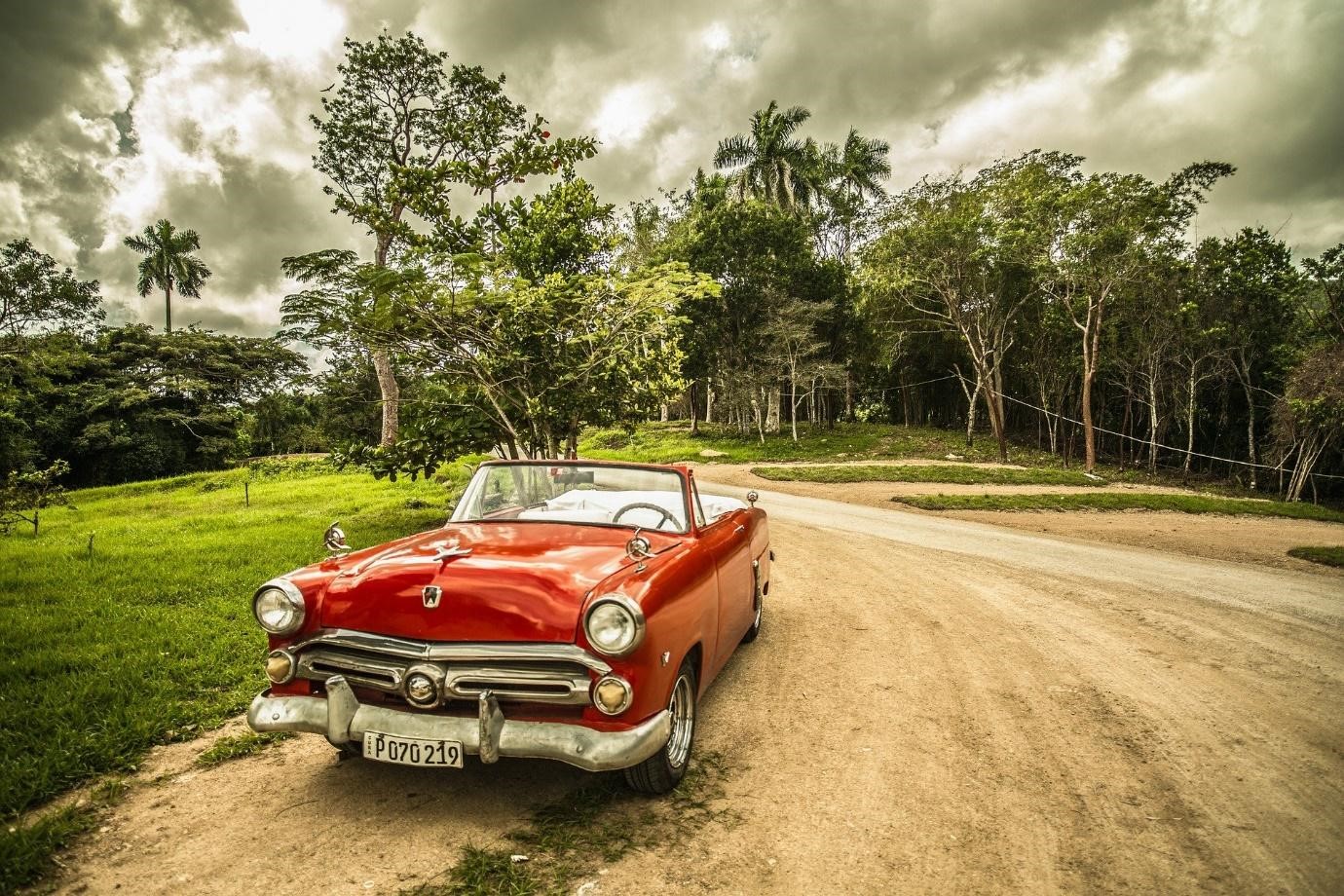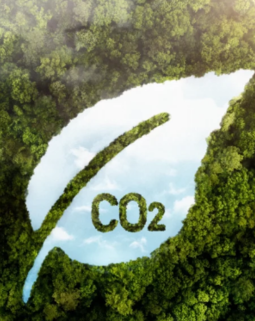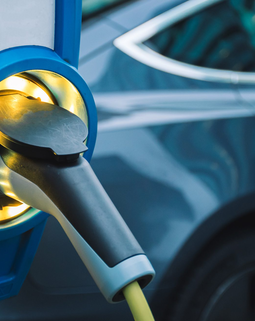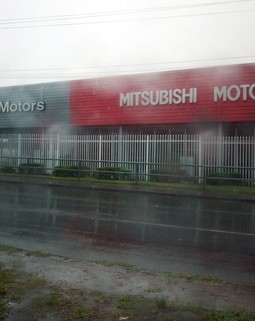Interactions International and human rights organization released a statement: Automobile Corporation's Visor Point – how vehicle Manufacturers Should Tackle HR Effect to metal Manufacture. In 2019, the auto industry used roughly 5% of metal consumed for cars globally. Additionally, because of the switch to electric vehicles, their consumption is predicted to double by 2050.
The world's most considerable bauxite resources are found in Guinea, which is needed to make the bulk of the aluminum used in automobile production. However, most of the world's aluminum is manufactured in China, and the biggest consigner of aluminum includes guinea to that country.
According to the paper, automakers have emphasized thorough research for other elements like cobalt, required for E-Tron cars, to the cost of bauxite. In addition, because rural land rights in Guinea are not formally registered, mining corporations can decide whether and how descendants will pay for their land.
An aluminum drill controlled by a partnership among countries, according to the farmer and activist Kounssa Bailo Barry, has devastated 80 percent of the fields in his community of Fassaly. Twelve other villages, including Barry's village, are taking a step towards joining in conciliation means along with sappers. In 2020, the Commerciale des Alumina de Guinea (CBG) and Société Manière de Boké exported about 60% of Guinea's bauxite.
The partnership among the Chinese group, the biggest aluminum manufacturer in the world, Singapore's top global manufacturer, and a logistics provider in Guinea. Rio Tinto, Alcoa, Dadco, and the Guinean government are partners in the CBG partnership. The mining business can poison rivers by destroying flora and causing more erosion, which decreases the amount of water available.
CBG's efforts had harmed or damaged 91 waterways that supplied 17 settlements. An alliance of political association organizations in Ghana claims a proposed aluminum extraction in the Alpine rainforest could poison consumption water delivered by waterways. After speaking well, BMW, Ford, Renault, and Volkswagen—created the study. HRW, IDI, and other human rights groups.
Several automakers launched a project in May to evaluate the dangers to human rights in the supply chains of aluminum and more unprocessed items. According to CBG, which has informed the organization that they are updating its strategy for relocating expatriate societies, the new version will be released this year from July to September.
According to SMB, workplace attainments comply with international and Guinean legal requirements. However, NGOs are pressing to take action when the automobile and mining industries complete studies of aluminum mining and processing in Guinea and other supplying nations.





